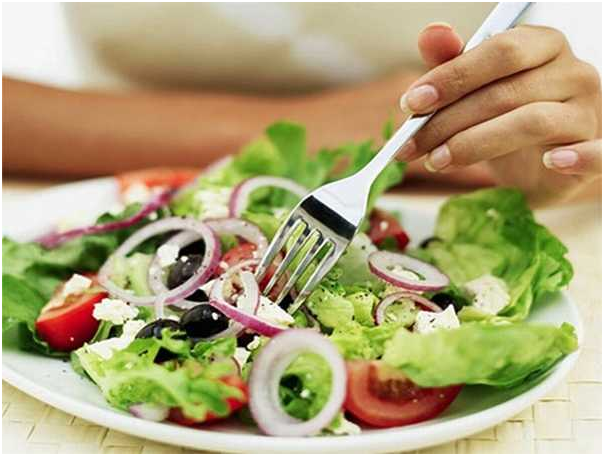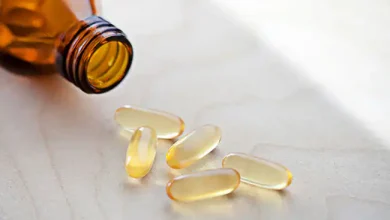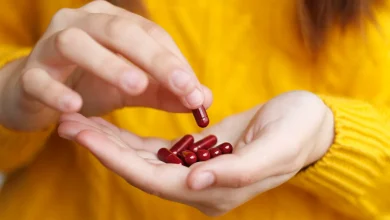Vegans – Doing Well On Fatty Acids

Analysts took a gander at the biomarkers of 22 vegans and coordinated them with 19 controls; they found that veggie lovers – people who eat just plant-based nourishments – had lower serum 25-hydroxyvitamin D3 (25(OH)D3), iodine, and selenium fixations
Yet, veggie lovers would be wise to unsaturated fat profiles (P<0.001), and in addition higher convergences of polyphenols such as genistein and daidzein (P<0.001), as indicated by the creators, who were driven by Anna-Liisa Elorinne, PhD, at the University of Eastern Finland. They distributed their discoveries in PLoS ONE.
This study supports the perspective that dietary direction is critical to vegans and that veggie lover eating methodologies ought to be consistently supplemented with key supplements,” composed the creators. “More accentuation ought to be put on vitamin D and iodine to guarantee adequate admissions.”
They called attention to that few studies have taken a gander at the nutritious wellbeing of vegans. A prior study found that a veggie lover eating routine was useful for controlling diabetes, and the president of the American College of Cardiology, Kim Williams, MD, made waves when he said that he’d changed to a vegetarian eat less carbs and suggested that patients do as such too.
Those on a vegan diet (six men and 16 ladies) were selected by a daily paper advertisement; to be qualified they must be 18-50 years of age and have taken after a veggie lover eating regimen for no less than a year. Those on solutions other than contraceptives were ineligible. The control bunch (eight men and 11 ladies) was enlisted likewise and members were coordinated by age and sex to a member from the veggie lover gathering.
All members rounded out a 3-day nourishment record. Pee and serum tests were gathered and afterward examined. All things considered, veggie lover men had stuck to a vegetarian diet for a long time; vegetarian ladies followed for a long time. Around 90% of veggie lovers took vitamin B12 supplements and 77% took vitamin D supplements; 78% of controls utilized on vitamin D supplements.
Obviously, veggie lovers reported eating more vegetables (P≤0.001), tofu and soy flour (P<0.001), and margarine (P<0.001). There was no distinction altogether vitality consumption between the veggie lover gathering and the control bunch. All members were appeared to be sound amid examination with the exception of three vegetarians who experienced marginal sickliness, as indicated by the creators. In any case, every day iron admission was higher among veggie lovers generally speaking (mean 21 g/day versus 15 g/day for controls, P=0.026)
The vegans had less organic products, berries, nuts, and root vegetables than the control bunch, which might have represented their lower serum centralizations of β-carotene (P=0.001) and α-tocopherol (P=0.003) contrasted and the control bunch. Vegetarians had a lower extents of soaked unsaturated fats and higher extents of polyunsaturated unsaturated fats (P<0.001). They likewise had a nonattendance of conjugated linoleic corrosive, instead of the control bunch, as per the creators.
Confinements of the study incorporate its little size and dependence on nourishment records, which can be erroneous. The greater part of the vegans settled on their dietary decision out of sympathy toward nature and for creatures, thus the outcomes won’t not be generalizable to the individuals who be vegan for wellbeing reasons. Likewise, in spite of the fact that there were no contrasts between the two gatherings in reported way of life variables like activity, smoking, and liquor utilization, those components could have impacted results.
By : Natural Health News




